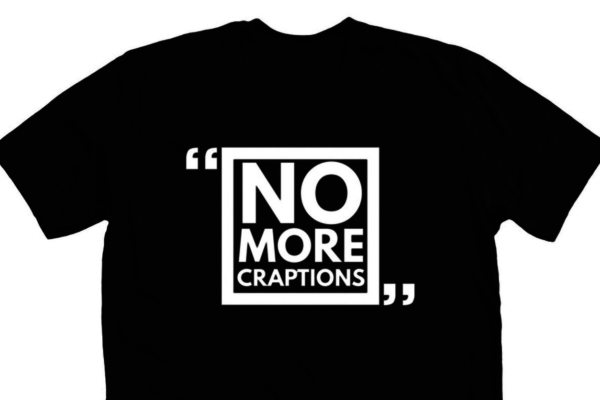How do you dream? For many of us, it’s visual or audio. For Amanda Frisbee’s deaf and hard-of-hearing colleagues, “It’s more telepathic. Things just sort of come to us.” English is a second language for many people in the Deaf community, who may process information more intuitively through American Sign Language (ASL) than by reading text. Others may not know ASL.
As the webmaster for the Wisconsin School for the Deaf, Amanda had three main goals when redesigning the school’s website:
- be more deaf-friendly,
- be an ASL resource for hearing users, and
- recruit new families.
To do this, she had to consider not only what content was presented on the website, but how it was presented for everyone who visited, from the deaf students to their hearing parents. The resulting redesign accomplished the following:
- a website that was more visual and less wordy;
- videos of ASL for large blocks of text;
- videos of ASL for regional signs such as how Wisconsinites sign the names of local cities; and
- ASL, spoken English, and English captions on all videos.
Using a combination of communication methods — ASL, text, and spoken English, and more graphical modes of communication — makes the site more accessible for everyone, including people who aren’t fluent in either ASL or written English. But Amanda cautioned attendees about captions. She explained that it’s better to have no captions than incorrect ones, like those auto-generated by YouTube. In one example, YouTube changed the sentence from
[Our daughter’s teacher] suggested taking classes at the Wisconsin School for the Deaf
to
She suggested taking classes that were comfortable for the deaf.
Not only is it a different meaning — it’s a different connotation.
Captions take time, but they make your audio content usable for people with auditory disabilities. Review them. Repeat: Review them. Accurate captions should be as much a part of your site’s makeup as alt-tags and header tags. They should be an integral part of all things.
Amanda concluded with a list of resources for finding ASL interpreters. You could find individuals such as members of your staff who are deaf (your best bet because it’s their first language), your on-campus accessibility center, and on-staff interpreters. You could also go through an interpreter service agency such as
- your state department of health services,
- someone listed on your state’s registry of interpreters for the deaf (make sure they’re certified!),
- Purple Language Services, or
- Sorenson Community Interpreting Services (SCIS).

